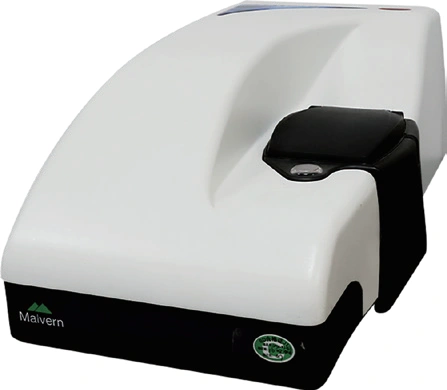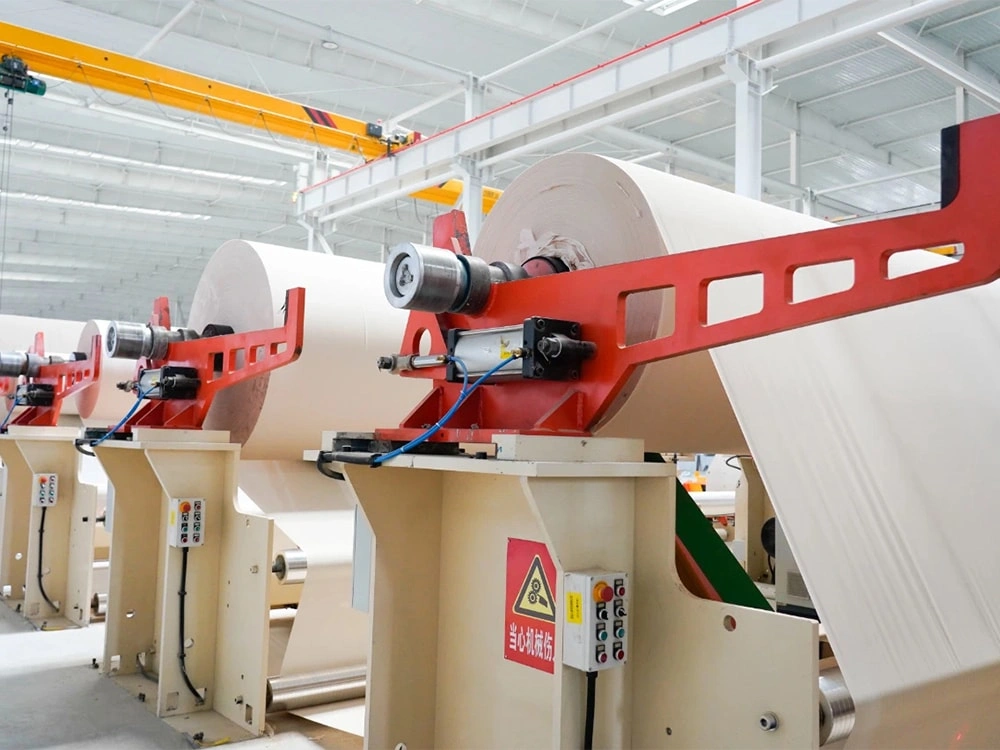Whole Crop Stalks (CSs) tissue paper, a kind of paper “grown” from nature
Choosing Whole CSs tissue paper represents a modern consumption concept and the pursuit of a higher quality lifestyle
Whole Crop Stalks (CSs) tissue paper, a kind of paper “grown” from nature .
Choosing Whole CSs tissue paper represents a modern consumption concept and the pursuit of a higher quality lifestyle.
Benefiting from the Integrated Biomass Refining Technology (IBRT), low - value crop straws are used as raw materials. Through the Tri-element Separation Method (TSM), they are transformed into natural ecological pulp, and components with high-value utilization potential such as lignin, hemicellulose, and cellulose are extracted. the lignin can be used to produce dispersants and binders, the hemicellulose part can be used to produce various healthy sugars; and tissue paper and tableware etc is from extracted cellulose.
This technology does not consume forest resources, it is energy-saving and low carbon emissions, and does not produce dioxin or AOX pollution during the production process.
Rich in natural plant fibers, soft and flexible, with strong water absorption, chlorine free bleaching, more environmentally friendly, safer, healthier, and more comfortable.
 |
 |
| TSA Hand feel softness tester | Valmet FS5 Fiber Image Analyzer |
 |
 |
| Particle charge analyzer CAStouch zeta | Potential Analyzer FPATouch |

Our main export commodity is Tissue Jumbo Rolls. We provide our customers with the highest quality products that are manufactured using high-technology types of machinery. various specifications of large shaft paper with a maximum width of 3500mm.These semi-finished products can be customized based on customer’s request.

Tissue production includes many kinds of products such as toilet papers, kitchen towels, disposable napkins, handkerchiefs, facial tissues and also kinds of AFH tissue products. The substance that gives these products softness is plant fiber pulp which is made of reed pulp. In addition to softness, it also provides the product with strength.
OEM services can also be provided.
Do you know that pulp may produce dioxin like compounds and form AOX pollution sources during the chlorine bleaching process?
What is dioxin?
Dioxins are "three causative" substances, namely carcinogenic, teratogenic, and mutagenic.They also have reproductive toxicity, immunotoxicity, endocrine toxicity, and genetic toxicity, directly endangering the health and life of future generations. The toxicity of dioxin is 900 times that of arsenic, and it is known as the "poison of the century". Dioxin, which is listed as a "human first level carcinogen", can cause serious harm to health at a concentration of one thousandth or even one billionth of a gram. Dioxin in the environment is difficult to naturally degrade and eliminate, so dioxin pollution is a major issue related to human survival
What is AOX?
AOX is a type of chemical pollution source that should be taken seriously, which has carcinogenic and mutagenic properties, and is a anthropogenic source of organic halides in water pollution. Bleaches, insecticides, dry cleaners, etc. are all organic halides that have potential and far-reaching hazards and impacts on human health and the living environment

Biomass refinery integrated technology - Convert low-value feedstocks into high-value sustainable chemicals and degradable materials .This new technology innovatively uses new biological solvents to carry out selective physical dissolution and separation operations on biomass raw materials.

Deep within the cell walls of every plant, there is a powerful substance, which provides the second largest source of renewable carbon on Earth. As a renewable material, we believe that lignin will eventually replace fossil materials and completely transform the way we use natural resources to produce products.

Hemicellulose, as a kind of biopolymer, is a mixture of highly branched low-molecular-weight homopolymers and heteropolymers. It is widely distributed in plants, accounting for about 15% - 20% in coniferous wood, and 15% - 35% in broad-leaved wood and gramineous grasses. It coexists with cellulose in the plant cell wall.